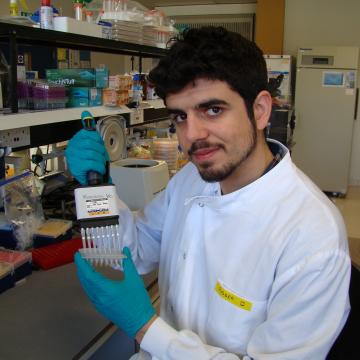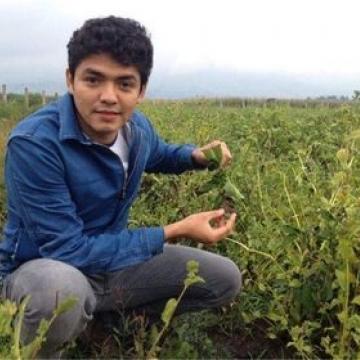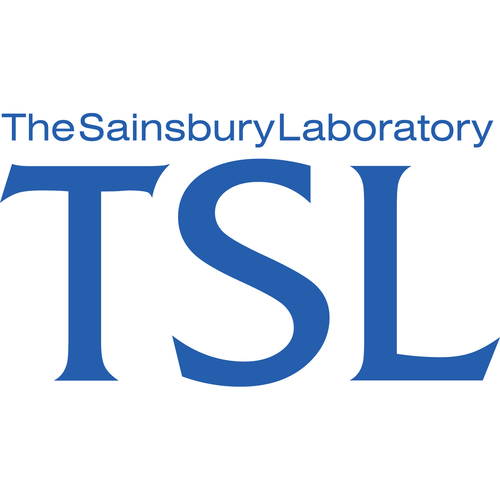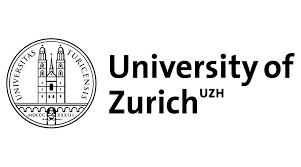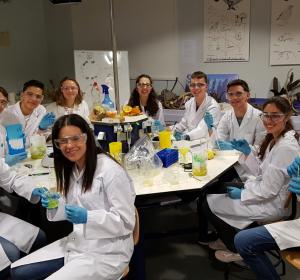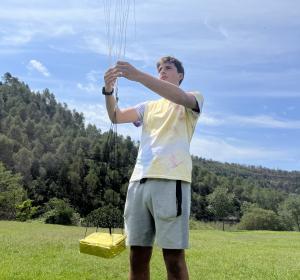Exploring and applying molecular biology: from genetic engineering to nanomachines
Basic information
What will you learn?
Basic research has been and still is very important when it comes to studying what genes, DNA, RNA and proteins are, along with the cellular processes that relate them (replication, transcription and translation). It has also been vital to understand what the characteristics of bacteria, fungi, viruses, animals and plants are. With this knowledge about what happens in nature, scientists from all over the world carry out applied research where they design processes or molecules with new or improved functions.
In this project, you will learn various concepts and techniques that are used in molecular biology, biotechnology, biomedicine and genetic engineering, and you will be able to understand their importance from several practical cases. Thus, the project will begin with the transformation of bacteria to produce the jellyfish fluorescent protein called Green Fluorescent Protein (GFP). This protein has revolutionized the field of biomedicine, where it is widely used as a biosensor. Next, you will purify the protein using chromatographic techniques. Expression and purification processes similar to what we carry out are widely used in the field of biotechnology and biomedicine, with very notorious examples such as the production of insulin for diabetics or the production of antibodies.
You'll also study antibiotic resistance and learn very different applications of viruses, from eliminating resistant bacteria to being used as a treatment for cancer. You will understand cutting-edge genetic engineering techniques, analyze DNA samples and study some of the microorganisms of the Sleep Plains and their characteristics. In addition, you will know different databases of DNA and protein sequences, and visualization of structures. You will discover why it is so important to know the structure and functions of proteins and how we can use them in order to design nanomachines. Even more, you will have the opportunity to use a 3D printer, which you will use to print the protein or nanomachine you choose or design.
On the other hand, you will learn to design a scientific experiment and to search, present and write scientific articles. In addition, we will talk about the importance of developing critical thinking and discuss in a group the impact of molecular treatments and techniques that we will use during the project. In short, two very intense and fun weeks await you in which you will acquire the necessary skills to become a super scientist!
What are the participants telling about the project?
Research team
Project led by researchers from the National Cancer Research Center (Spain), Earlham Institute (United Kingdom), and University of Zurich (Switzerland). This project will be carried out in Catalan and Spanish, and some presentations will be made in English.
